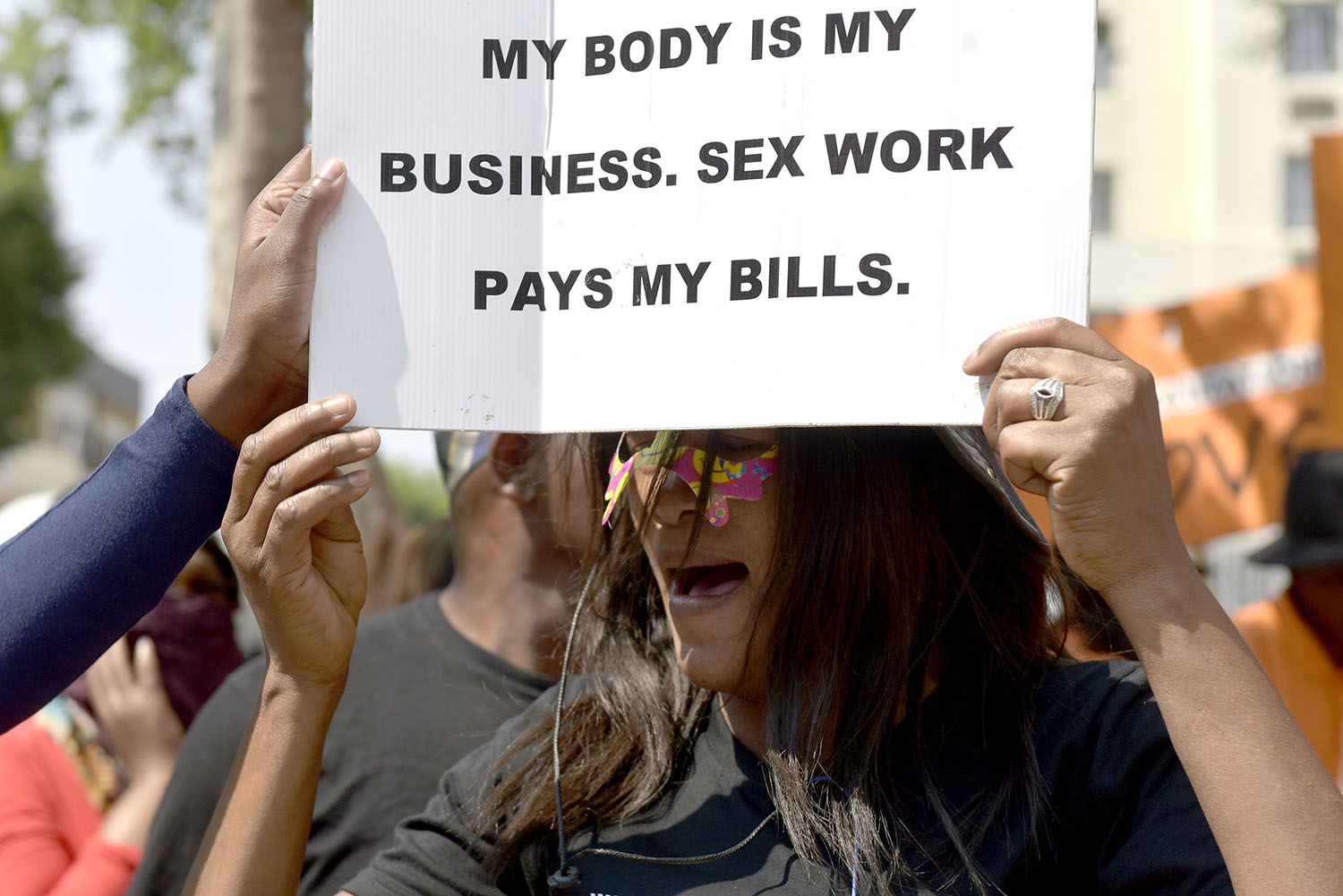Cosatu welcomes Cabinet's approval of bill to decriminalise, protect sex workers

The Congress of South African Trade Unions (Cosatu) has welcomed Cabinet's approval of the Criminal Law (Sexual Offences and Related Matters) Amendment Bill to decriminalise and protect sex workers.
Decriminalisation of sex work
Cabinet during its meeting on Wednesday approved the publishing of the amendment bill for public comments.
The legislation repeals the Sexual Offences Act (previously the Immorality Act) and Section 11 of the Criminal Law (Sexual Offenses and Related Matters) Amendment Act to decriminalise the sale and purchase of adult sexual services.
ALSO READ: Talks to decriminalise sex work in South Africa begin
Once passed into law, the legislation will – amongst others – protect sex workers against abuse and exploitation.
Cosatu called on government to move with speed to allow for public comment on the long overdue bill and to table it in Parliament for consideration.
“Cosatu, and in particular its affiliate, the Police and Prisons Civil Rights Union (Popcru) have long believed that the criminalisation of sex workers is counterproductive, unhelpful and, in fact, exposes sex workers to brutal exploitation and horrific violence.
“Popcru and members of the South African Police Service have long said they want to arrest actual criminals and not people simply seeking to make a living,” Cosatu said in a statement on Friday.
While the decriminalisation of sex work is a very controversial topic in South Africa, the labour union federation said all laws in the country should be based on the constitution.
Labour rights, protections and benefits
Cosatu said the criminalisation of sex work denies sex workers the right to pursue work that many have chosen of their own volition.
“It denies these workers the right to report crimes to police as they fear that they may be arrested when doing so. Additionally, it denies these workers access to any labour rights, protections or benefits.”
Sex workers are critical sources of intelligence and partners for police in the fight against human, and in particular child trafficking, Cosatu added.
“This partnership cannot work if sex workers fear that they themselves are vulnerable to arrest.
“Many sex workers have chosen this profession because society, in particular government and the private sector, has failed to produce an economy that offers a real chance of employment. To continue to criminalise this profession is in effect to criminalise people for being born into poverty.”
Cosatu said it would continue to champion the processing of the amendment bill and hoped to see it being enacted into law in the near future.
“We urge those who may oppose it to consider the plight of those sex workers crying out for protection.”
Compiled by Thapelo Lekabe
NOW READ: Sex workers crossing fingers that their job will be decriminalised
This “Eyes on Trafficking” story is reprinted from its original online location.
 ABOUT PBJ LEARNING
ABOUT PBJ LEARNING
PBJ Learning is a leading provider of online human trafficking training, focusing on awareness and prevention education. Their interactive Human Trafficking Essentials online course is used worldwide to educate professionals and individuals how to recognize human trafficking and how to respond to potential victims. Learn on any web browser (even your mobile phone) at any time.
More stories like this can be found in your PBJ Learning Knowledge Vault.
EYES ON TRAFFICKING
This “Eyes on Trafficking” story is reprinted from its original online location.
ABOUT PBJ LEARNING
PBJ Learning is a leading provider of online human trafficking training, focusing on awareness and prevention education. Their interactive Human Trafficking Essentials online course is used worldwide to educate professionals and individuals how to recognize human trafficking and how to respond to potential victims. Learn on any web browser (even your mobile phone) at any time.
More stories like this can be found in your PBJ Learning Knowledge Vault.
